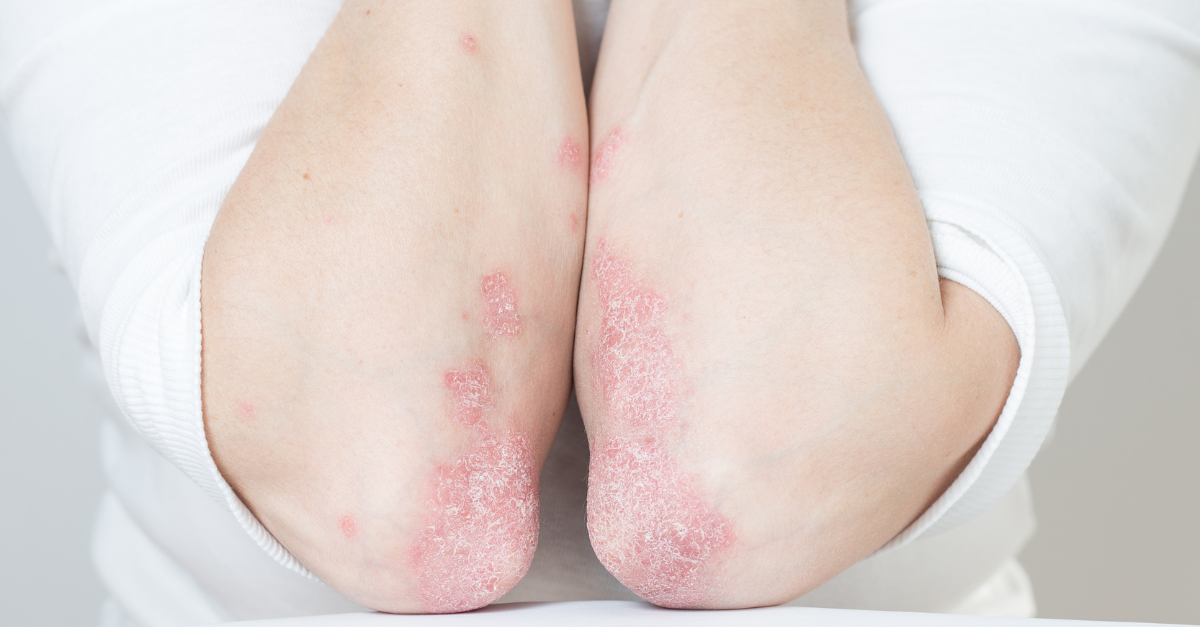Autoimmune diseases rank among the most perplexing medical conditions in the modern world. Their complexity arises from the fact that the body’s immune system, which is normally responsible for defending against foreign threats, turns on itself and begins attacking healthy cells. When someone asks, “What is an autoimmune disease?” a succinct answer would be: it is a disorder in which the immune system mistakenly identifies the body’s own cells and tissues as harmful invaders. This leads to persistent inflammation and tissue damage, often affecting multiple organs or systems. The result is a broad variety of illnesses, as reflected in any typical autoimmune diseases list, each with its own symptoms and progression patterns.
Despite medical advances, pinpointing the exact causes of autoimmune disorders remains an ongoing challenge. Genetics can play a significant role, with certain families more prone to conditions such as rheumatoid arthritis or lupus. Environmental factors, including viral infections or exposure to specific chemicals, can act as triggers. Hormonal imbalances and chronic stress have also been implicated. Because the causes are multifaceted, treatments often focus on managing autoimmune disease symptoms rather than completely eradicating the root problem. Therefore, individuals dealing with these conditions can find themselves on a long journey of doctor visits, medication adjustments, and constant lifestyle modifications.
A hallmark characteristic of autoimmune disorders is the sheer variety of conditions that fall under this umbrella. The list of autoimmune diseases is extensive—rheumatoid arthritis, type 1 diabetes, multiple sclerosis, Hashimoto’s thyroiditis, psoriasis, inflammatory bowel disease, and lupus are just a few examples. Some of these conditions target a single organ, like the thyroid or pancreas, while others have more systemic manifestations. Regardless of the specific illness, autoimmunity can cause chronic fatigue, joint pain, muscle weakness, digestive discomfort, and a host of other symptoms. In many cases, these symptoms overlap between different conditions, making diagnosis a more complex process.
From a patient’s perspective, living with an autoimmune disorder can be both physically and mentally exhausting. Constant pain or fatigue can disrupt daily routines, alter social dynamics, and necessitate ongoing medication regimens. Anxiety and depression often emerge as secondary issues, fueled by the uncertainties of disease flares and the unpredictable nature of progress. Even with diligent self-care, autoimmune disease symptoms can flare up unexpectedly, leading to periods of remission interspersed with acute discomfort. Over time, people learn to adapt, but the journey is seldom straightforward.
Conventional medical treatments for autoimmune disorders typically involve immunosuppressive medications, anti-inflammatory drugs, corticosteroids, and biologic therapies designed to dampen an overactive immune response. While these can alleviate symptoms and slow disease progression, they come with potential side effects—ranging from elevated infection risks to organ complications with long-term use. This is why a growing number of patients are interested in complementary or alternative treatments that might address underlying dysfunction rather than just the symptoms.
Enter regenerative medicine, a field that has garnered immense attention for its potential to revolutionize treatments for chronic diseases. Stem cells, in particular, have sparked hope for individuals with complex autoimmune conditions. These versatile cells have the ability to differentiate into specialized cells and potentially modulate the immune system’s response. By reducing excessive inflammation and supporting tissue repair, stem cell therapy could address some of the key pathological mechanisms that define autoimmunity.
Over the last several years, Panama has emerged as a significant destination for this form of therapy. The country has a streamlined regulatory environment and is home to advanced clinics that provide high standards of patient care. Stem cells in Panama are often derived from sources such as umbilical cord tissue and undergo rigorous quality control. These cells, when administered to patients, could help regulate immune system activity and support tissue regeneration. While more large-scale clinical trials are needed, preliminary studies and anecdotal evidence suggest that patients with autoimmune disorders sometimes experience reduced inflammation and an overall improvement in quality of life.
One factor that draws many international patients to stem cells panama city is the Panama Cell Therapies – Regenerative Medicine through Stem Cell Innovation price, which can be comparatively more affordable than in some Western countries. The stem cell therapy cost in panama often reflects local economic conditions and streamlined healthcare operations. As a result, patients may find that traveling abroad for treatment not only exposes them to cutting-edge medical advancements but also helps minimize financial strain. However, it is essential to research thoroughly and choose a reputable clinic that maintains strict protocols for safety and efficacy.
Among the leading facilities is PCT Panama, a center that has cultivated a strong reputation for patient-centric care and evidence-based treatments. Their medical team crafts individualized treatment protocols, taking into account each patient’s history and autoimmune disease symptoms. Beyond simply administering stem cells, PCT Panama often offers complementary therapies, lifestyle guidance, and close follow-up to enhance treatment outcomes. By focusing on both the physical and psychological dimensions of living with an autoimmune disorder, they aim to support patients through every stage of the healing journey.
It is crucial to acknowledge that stem cell therapy is not a blanket cure-all, nor can it guarantee the same results for everyone. Each autoimmune disease is distinct, and every patient’s body responds differently to regenerative interventions. Nonetheless, the potential for better immune regulation and tissue repair marks a promising step forward. Many patients may report a decrease in inflammation, a reduction in pain, and an overall sense of restored vitality, improvements that can make a substantial difference in day-to-day living.
In closing, autoimmune diseases can significantly impact a person’s quality of life, often defying traditional medical interventions. Yet, as research deepens and regenerative medicine evolves, new avenues for relief are unfolding. Stem cell therapy in Panama, particularly through established clinics like PCT Panama, offers an emerging option for those seeking to address the underlying complexities of autoimmunity. By exploring these novel treatments responsibly and with medical guidance, patients may find meaningful improvements in health and a renewed sense of hope in their battle against autoimmune disorders.


